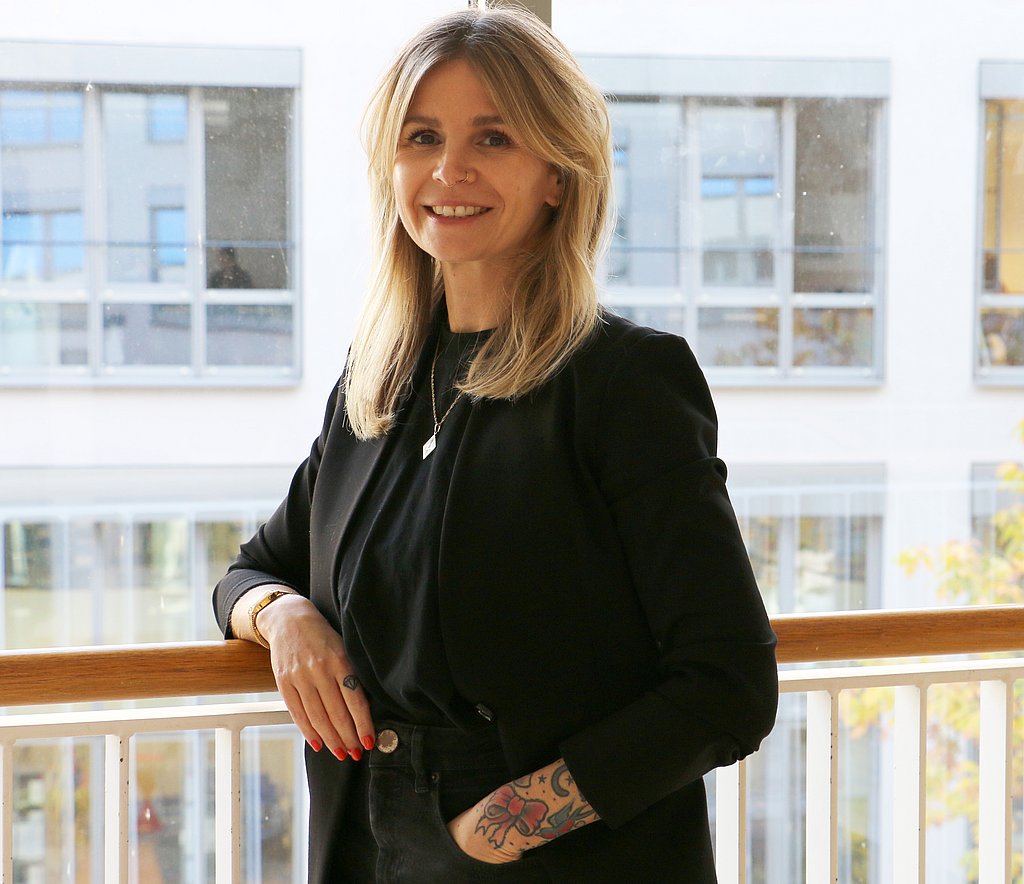Prior to my academic career I was a primary school teacher with qualifications in Mathematics, German and Protestant Religious Education as well as English and Music for the teaching profession at the primary level. Additionally, I worked as a subject leader for German in the second phase of teacher training at the Studienseminar.
In my research and teaching at the intersection of childhood and primary pedagogics/research, I focus on the participation of children aged 0 to 12 years in contexts of children's education. Here I am particularly interested in children's perspectives, e.g. on their experiences of self-efficacy or on inquiry-based learning. In teaching and research I focus on implications for current pedagogical practice according to the self-understanding that characterizes childhood and elementary education, e.g. on questions about (opening up) the greatest possible degrees of freedom while at the same time examining and recognizing existing/required frameworks or structures so that children can interact with each other and with adults in a participatory way.
Current research projects relate to research ethics issues in participatory research approaches (Participatory Research with and by Children) and to research analyzing interactions and the situated practice of learning in different settings.
Why am I a researcher?
Already in the first session of the doctoral colloquium, at that time still as a seconded elementary school teacher, I answered this question with: I want to change the world!
I am convinced that I can give impulses for the further development of pedagogical practice with what I work on as a scientist together with children and pedagogically active adults. As an example, I keep asking myself how it is possible within institutionalized settings of day care centers or elementary schools, and basically in interactions of children and adults, to open up the greatest possible spaces of freedom and at the same time secure bonding and relationship experiences. In my opinion, answers to these questions not only influence the design of learning and educational processes, but also have the potential to stimulate long-term changes in educational structures.
I began by exploring self-efficacy more closely as an essential dimension of personality: how and in what situations do children who are in transition from daycare to elementary school feel strong and effective? Here, among other things, subjectively meaningful and interest-based experiences of participation and autonomy, e.g. as children experience them in play without adults, have proven highly relevant. Subsequently, I am interested in how adult educators need to be professionalized to allow children to participate "appropriately" and to support them in their participation: What is "appropriateness" in this context and how can it be constantly reassessed in ad hoc pedagogical interactions? In my research, I move within the context of theory, research, and practice development.
In my current research projects, I am addressing the question of which research ethical frameworks and which research competencies are needed by all participants, especially the adult researchers, if research is to allow for the greatest possible degree of freedom under the specific framing of participatory research. To this end, I have initiated an international DFG research network "Ethics in Participatory Research with Children", in which renowned scientists from various disciplines have been working together on research ethics issues since May 2022. The work will continue for the next three years.
Since October 1, 2022 I have now been pursuing my questions as Professor of Education in Childhood at ASH Berlin. In the study program Education in Childhood I have the best opportunities for this, because with the people with whom I teach and learn there, I share my aspiration: As highly professionalized educators, they also strive to accompany people in their educational processes and to support them in being world changers themselves.
Contact: velten@ash-berlin.eu



